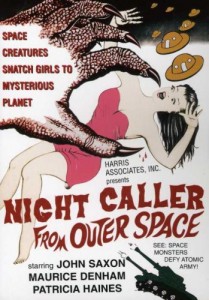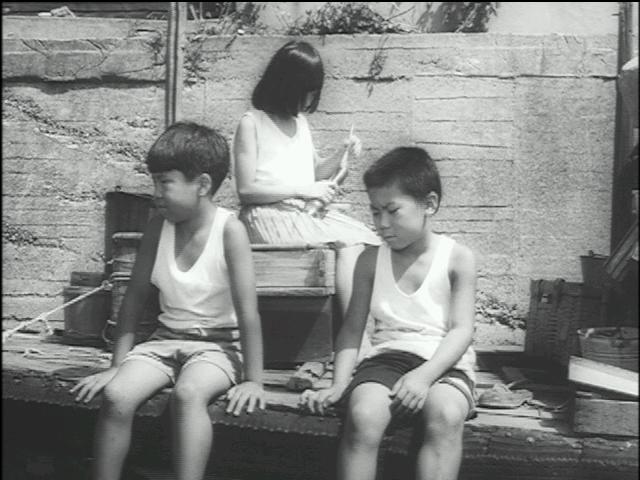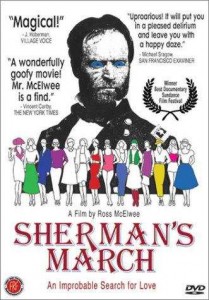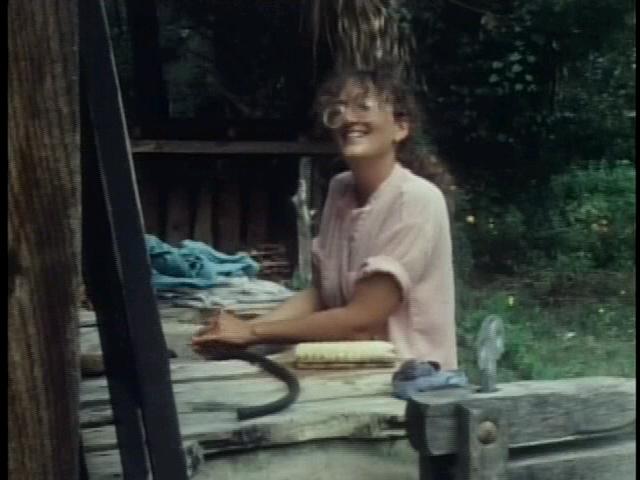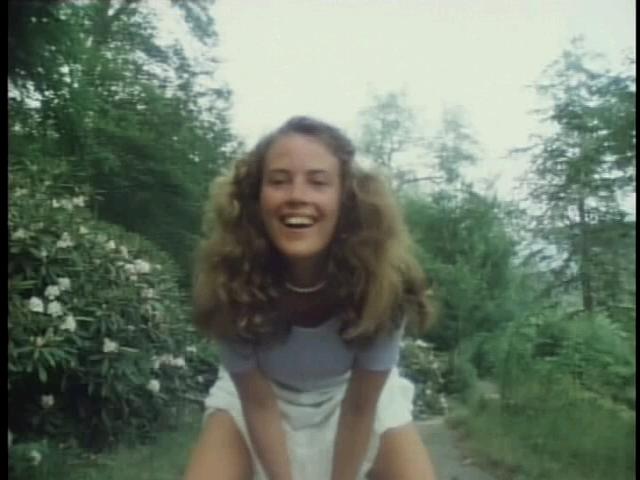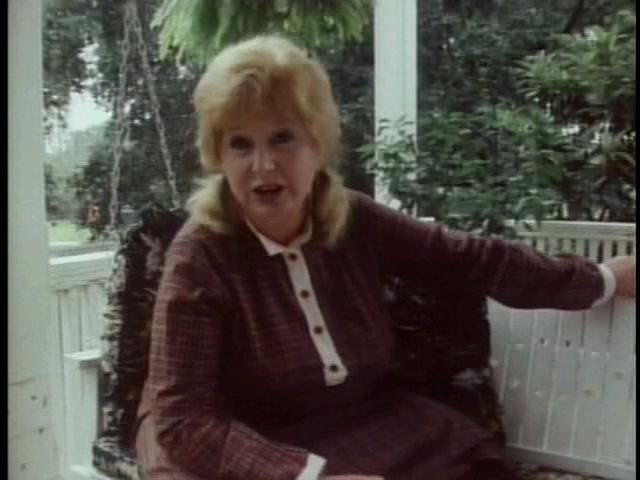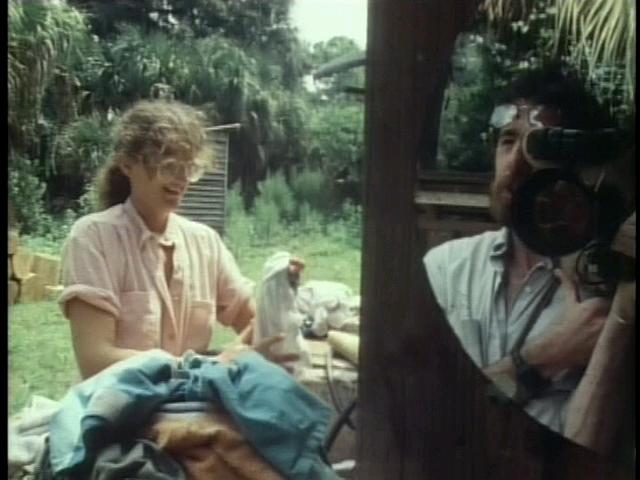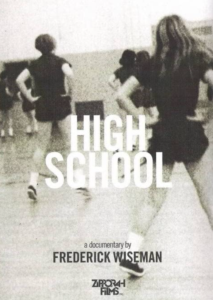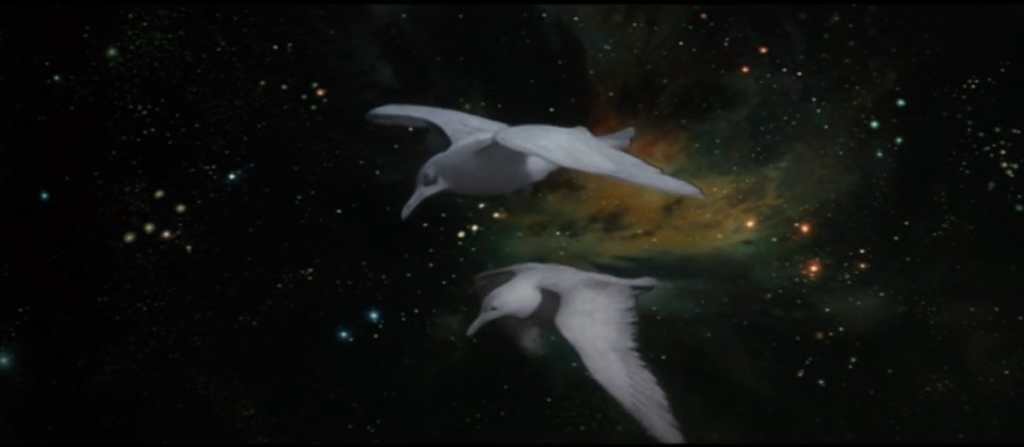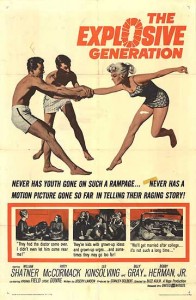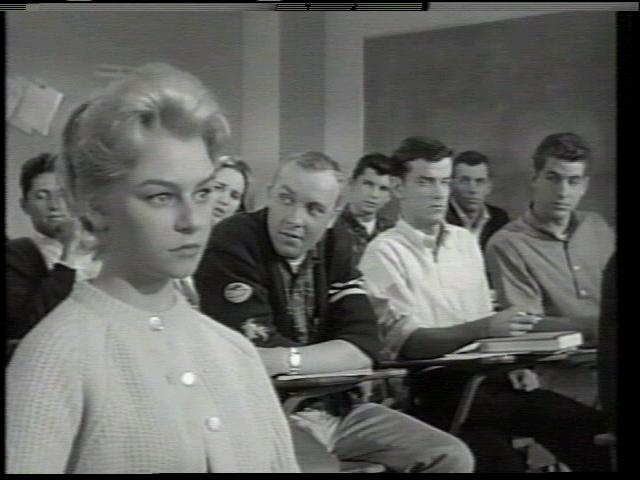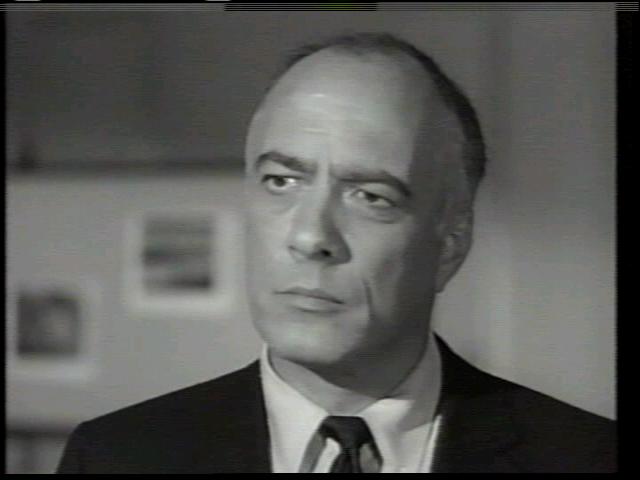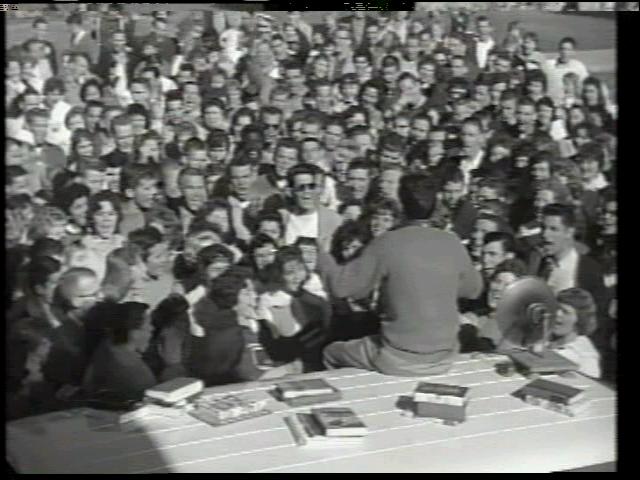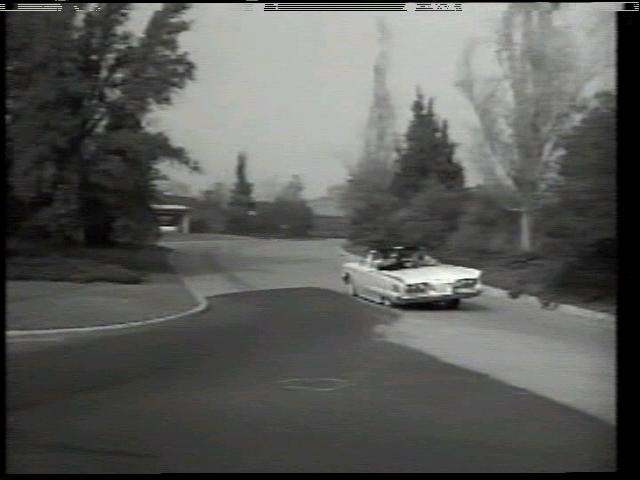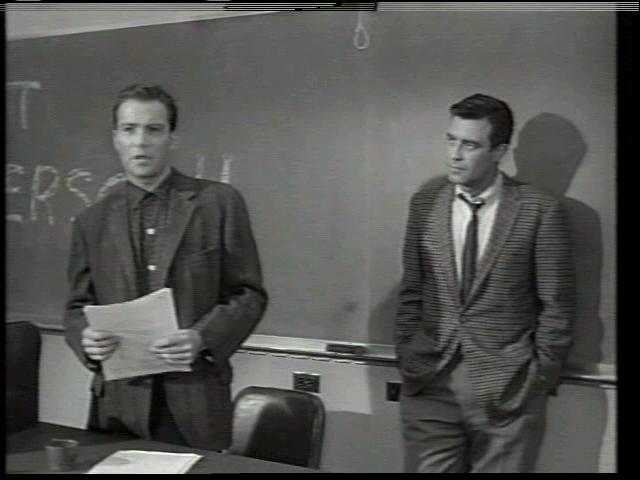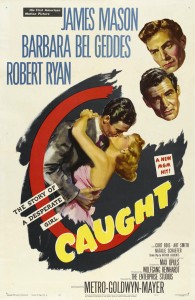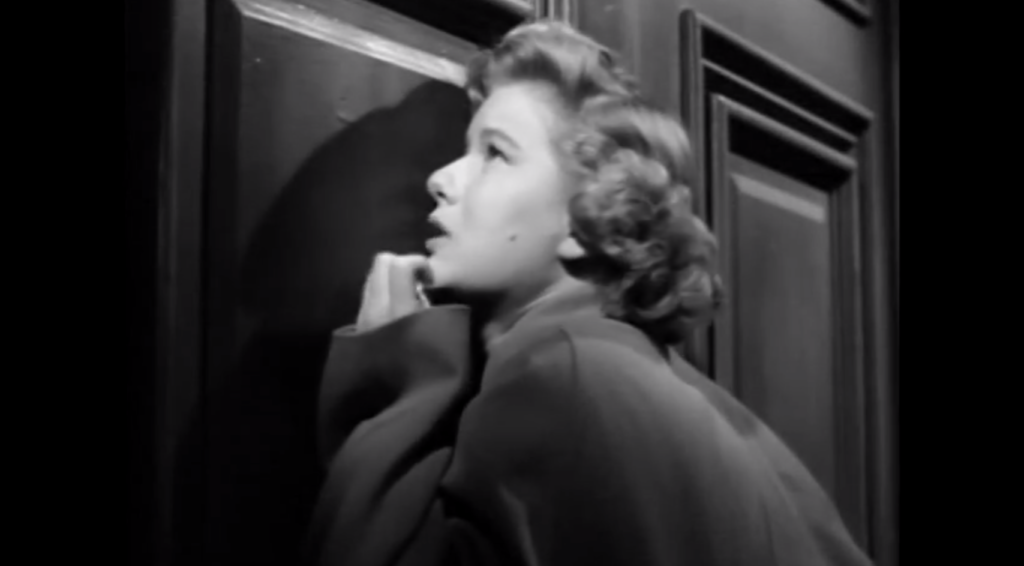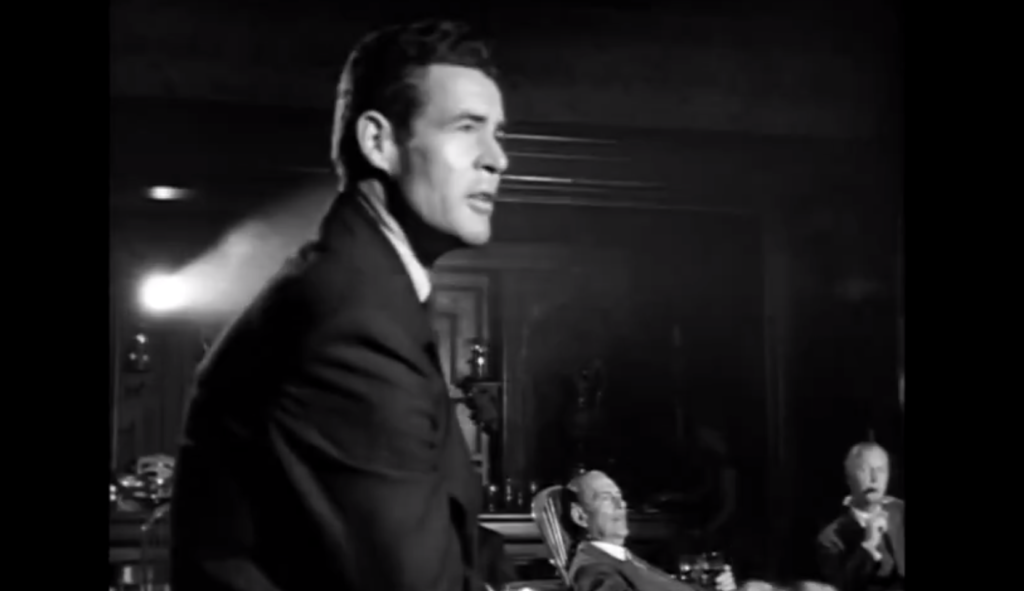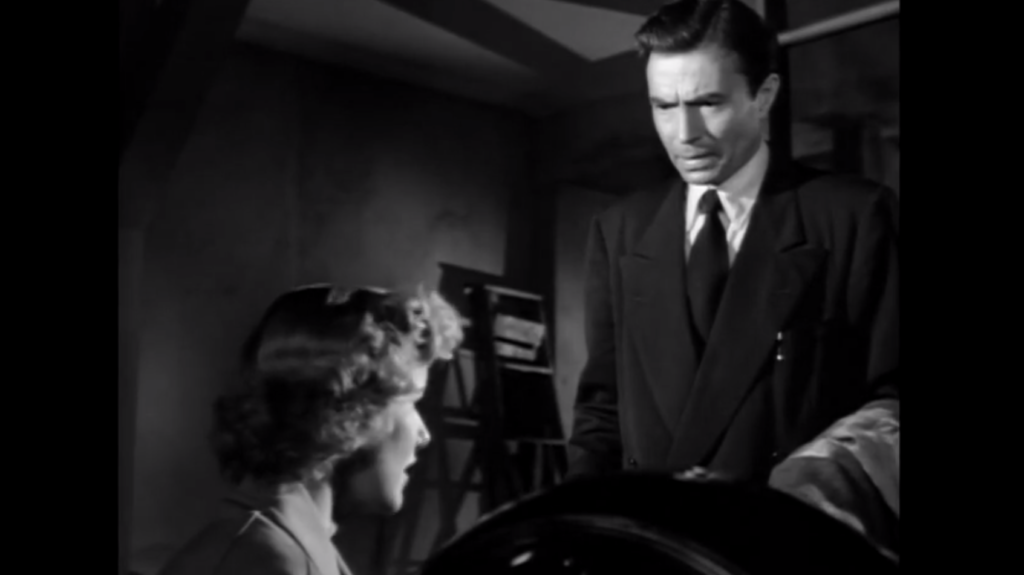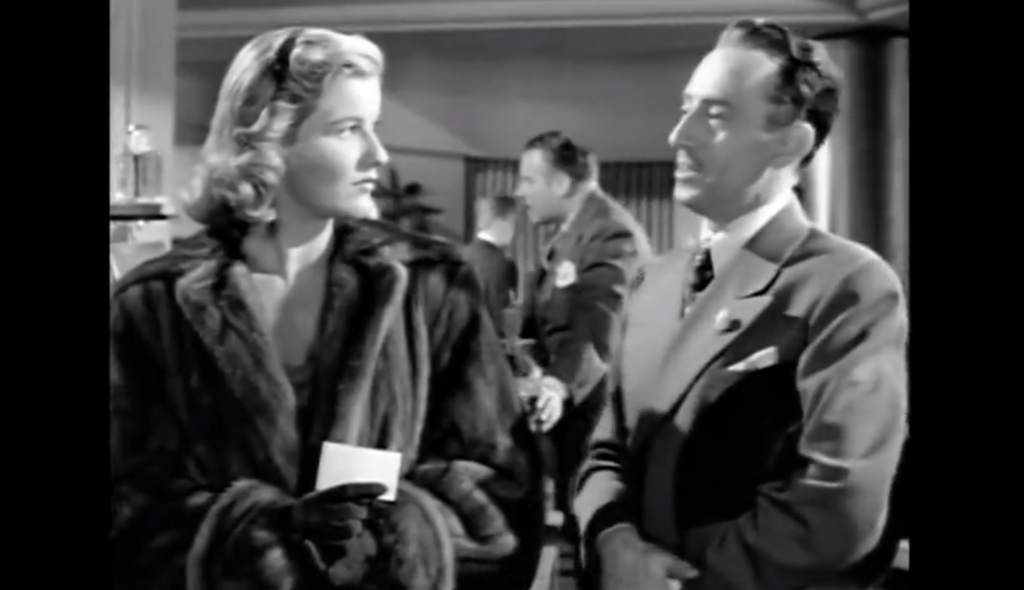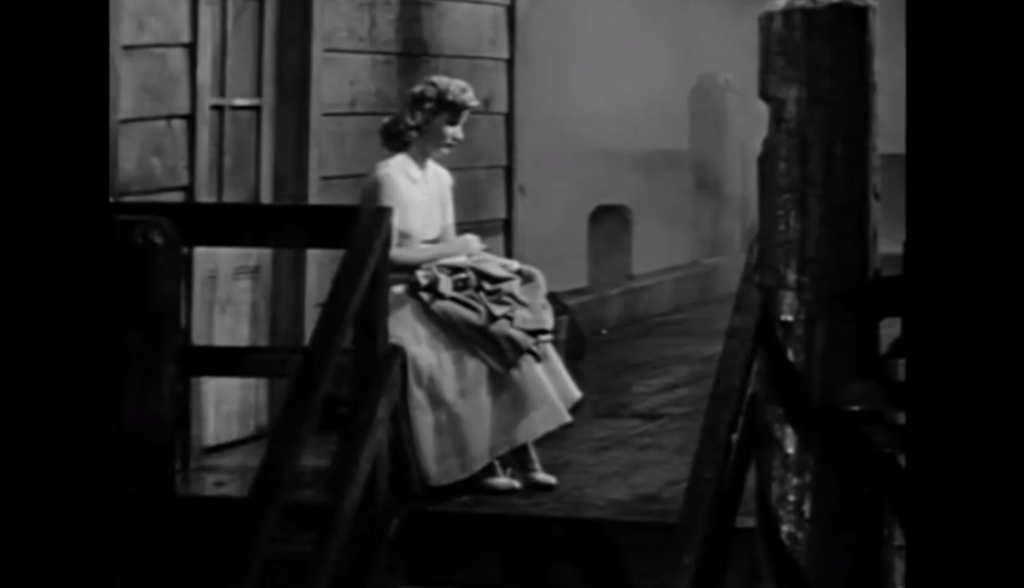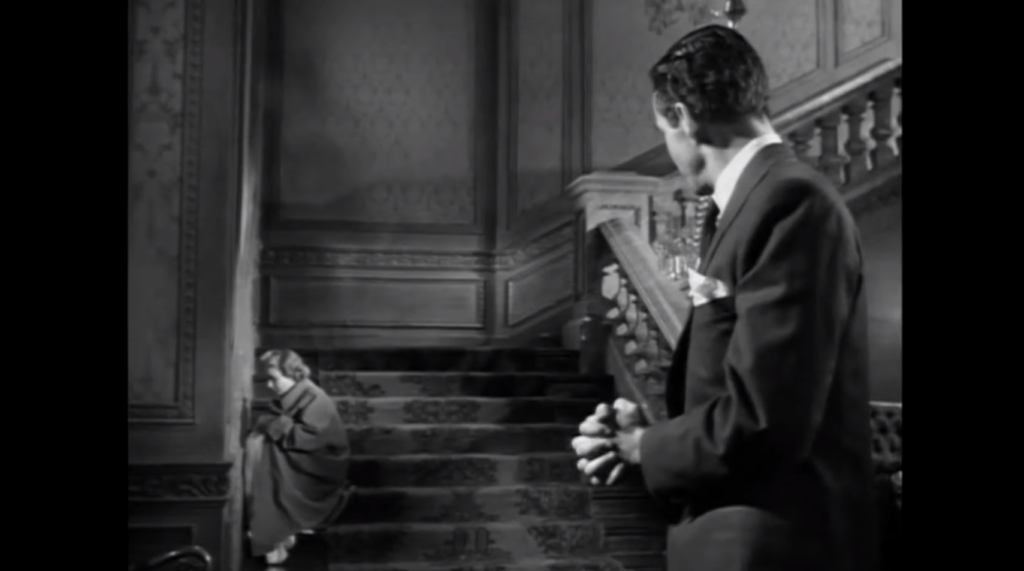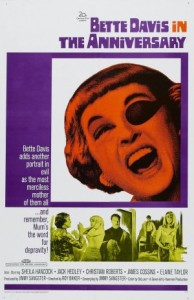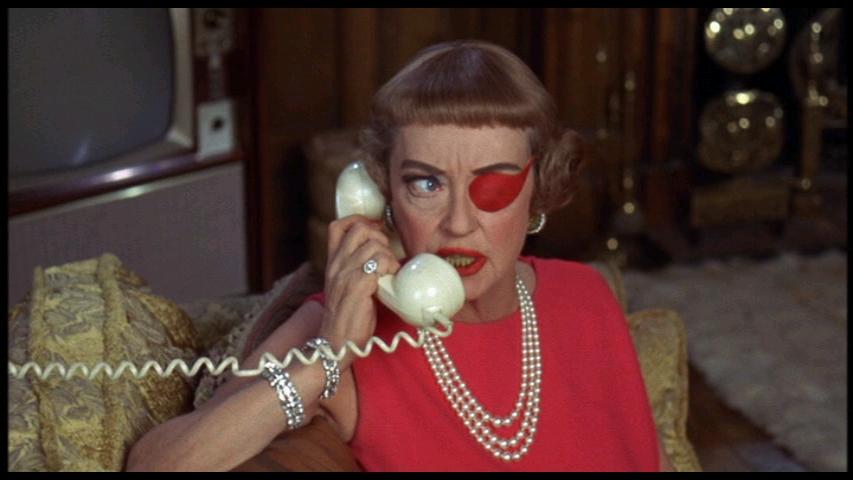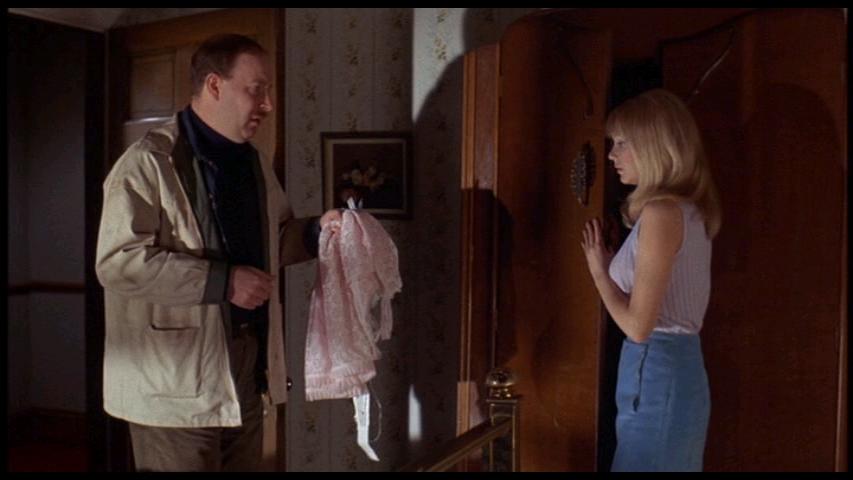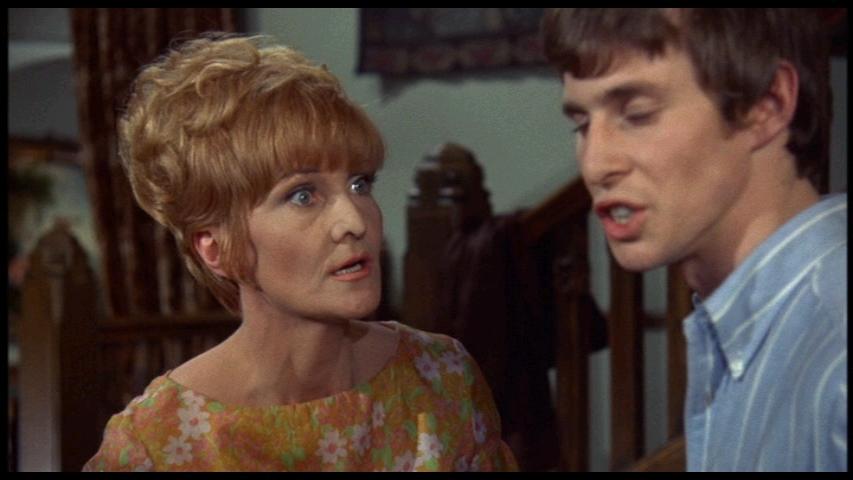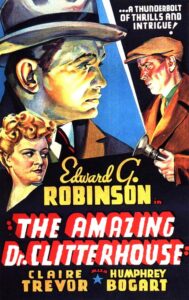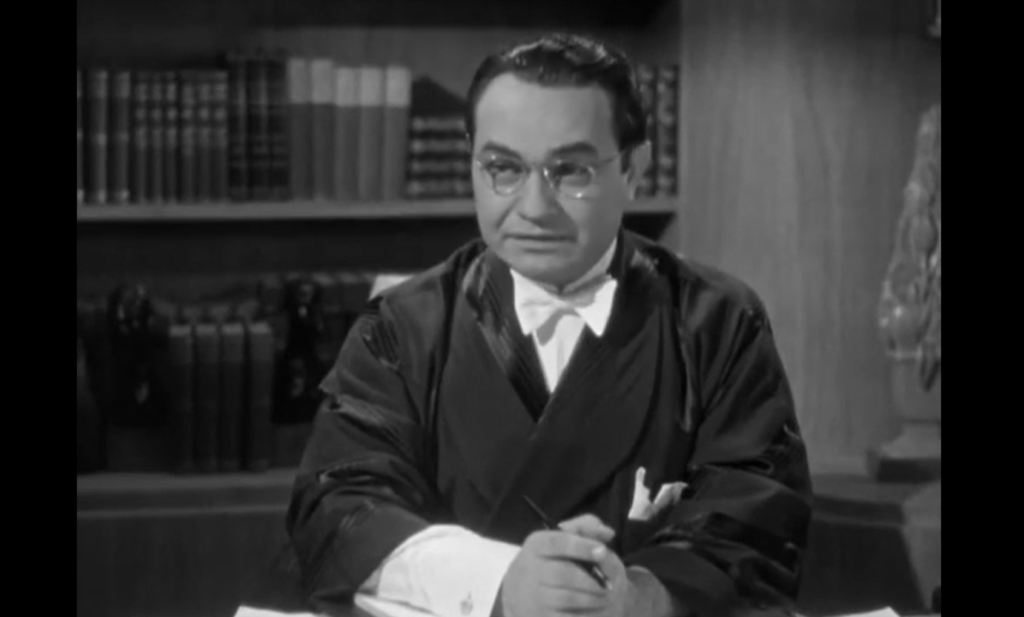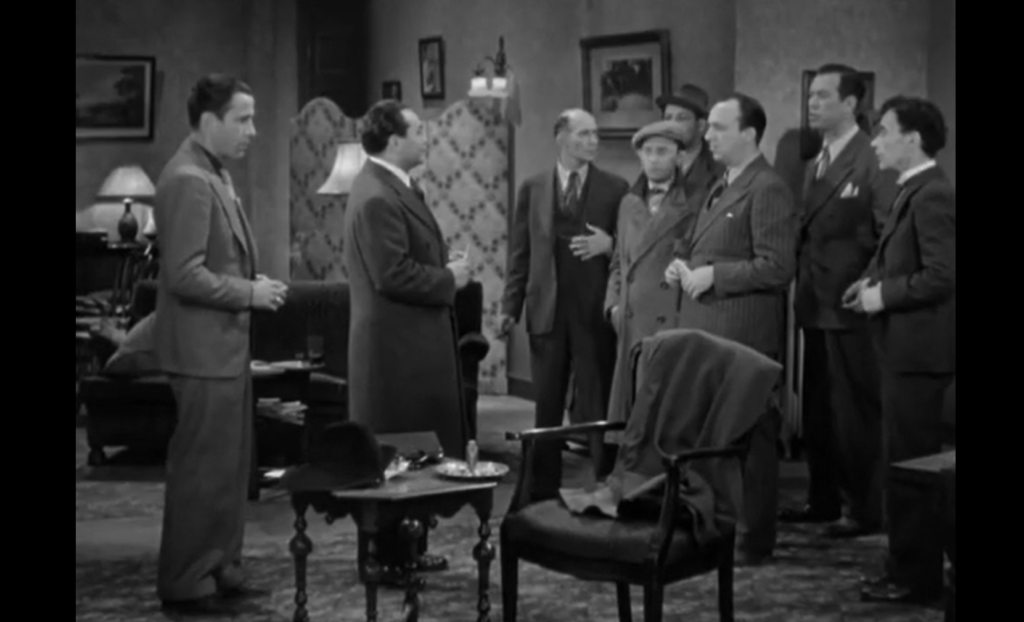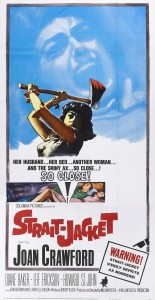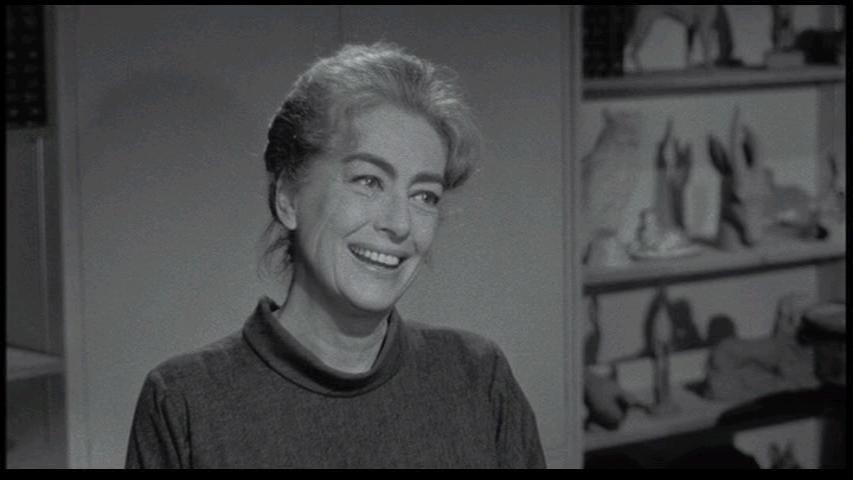|
Genres, Themes, Actors, and Directors:
Review:
Frederick Wiseman remains one of America’s most provocative yet least seen documentarians. Like his contemporary, Emile de Antonio, Wiseman eschews voice overs, instead relying on judicious editing and extreme close-ups to tell a particular “story” of a time and place. His camera eavesdrops on the most mundane of interactions, shifting from room to room and then back again to continue where things left off. The overall effect is oddly hypnotic, yet sometimes disturbingly voyeuristic, as when he focuses for several minutes on teenage girls’ midriffs and buttocks while they are performing calisthenics, or zooms his camera in so close on a participant’s face that it’s possible to see his skin pores.
High School is full of countless memorable moments, which, taken together, distill the essence of power and gender relations in an institutionalized setting. Wiseman visits nearly every type of classroom at this upper-middle-class high school, affording us a broad range of views: a fashion show (girls are criticized for not appearing pretty enough); a sex ed class; a girls’ calisthenics exercise; boys (but not girls) studying rocket science; and an idealistic English teacher attempting to reach her students through music. We are also privy to disciplinary actions, including one between a girl, her parents, and a (male) authority figure; and one in which a boy is chewed out for insubordination. The power of High School is the way in which each of these scenes allows for multiple, competing interpretations. Interestingly, the participants were initially pleased with the way they were portrayed in the film, and only became disgruntled once they started hearing critical feedback from the general public.
Redeeming Qualities and Moments:
- A subtle yet cynical look at power relations, gender roles, and normalizing curriculum in American high schools
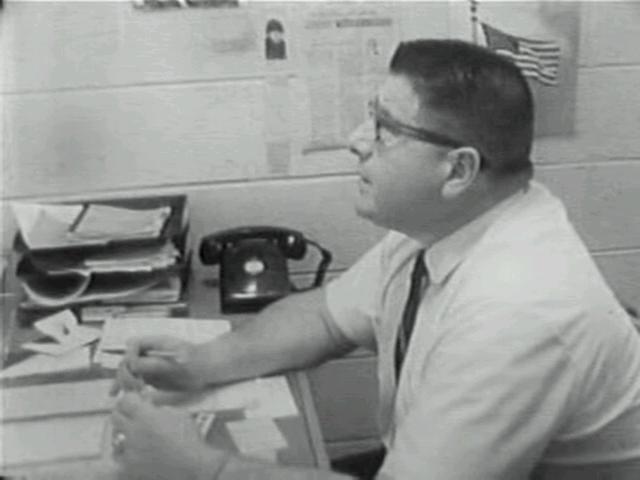
- Effective use of extreme close-ups and judicious editing
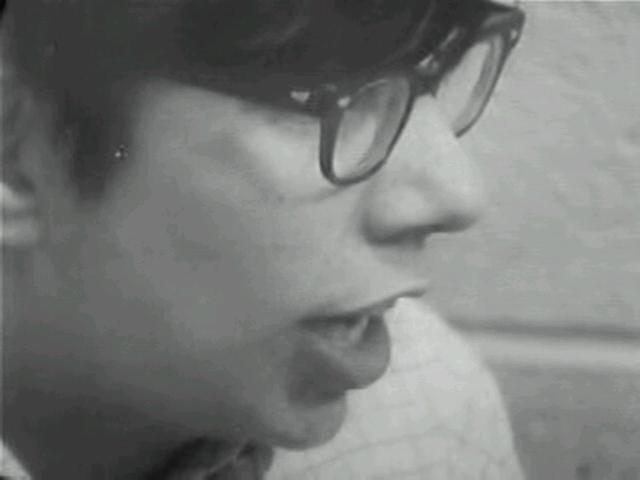
- The disturbing fashion show sequences

Must See?
Yes.
Categories
(Listed in 1001 Movies You Must See Before You Die)
Links:
|
